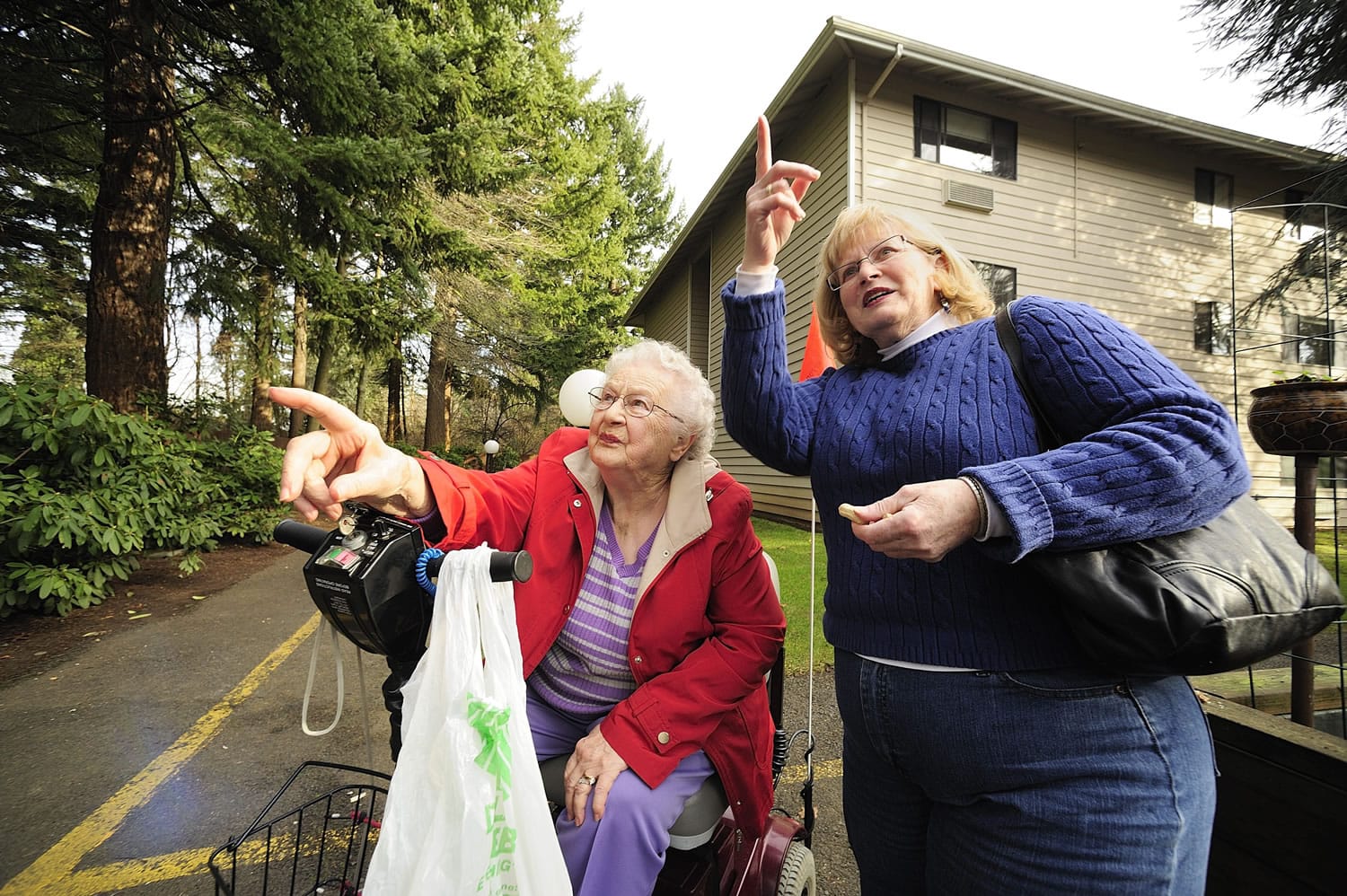“They’re focusing on making that person ready to go back into the community,” said Claudia Belindean, senior housing adviser at A Caring Choice placement agency.
Unlike other forms of long-term care, nursing homes have a full medical staff, from a doctor to a certified nursing assistant, Belindean said.
In-home care
Washington state promotes in-home long-term care because in many cases, it’s believed to cost less and make seniors happier. Home health aides can help with bathing, dressing, mobility, medication management, errands and housekeeping. Their ability to do medical procedures, however, is limited. For instance, home health aides are not licensed to perform sterile procedures such as changing a catheter, said Denise Serafin, social services supervisor at Home and Community Services at the state Department of Social and Health Services. However, in-home care services can provide nursing services that home health aides cannot.
Assisted living
Assisted living centers usually serve populations of more than 100 and offer an on-staff registered nurse and organized activities. There are 26 in Clark County. Some centers have 24-hour nurses, while others have a nurse only during business hours. They offer private apartments, with services including custodial care, medication management, bathing and escorts to meals. Unlike adult family homes, residents can take part in more structured and group activities, such as exercise classes. The centers provide limited medical services; they generally don’t accept patients who need intravenous treatment or have deep wounds. The level of care depends on the center. Vancouver’s Glenwood Place Senior Living offers enhanced assisted living, which offers more extensive medical services, Belindean said.



